Forbes Hospice Flies Dying Man’s Family From Jamaica To Pittsburgh
PITTSBURGH (KDKA) — A dying man’s wish was to see his wife and kids one more time, and thanks to the generosity and hard work of some Pittsburghers, that wish has come true.
Charlton Fisher is at Forbes Hospice at West Penn Hospital.
He’s from Jamaica, but he left his family behind and came to the United States, so he could earn money for his oldest daughter to go to nursing school.
The 43-year-old’s heart, however, is barely working. With his pacemaker failing, he wound up in the hospital, and then was moved to hospice when things got worse.
He says he couldn’t get up out of bed or even see.
He needs a heart transplant to survive, which is unlikely. The staff asked him what they could do for him.
“He said ‘I miss my wife and kids so badly,’” said Forbes Hospice Counselor Kevin Henry.
Intern Ellen Freise-March, in particular, worked tirelessly to get emergency papers for Fisher’s wife Marion, his 11-year-old daughter Ashley and his 3-year-old daughter Asha-kay.
Fisher’s boss at the hotels in Bentleyville, where he worked as a maintenance man, paid for the airfare.
And Saturday night, Fisher’s wish came true.
“So, so, so beautiful,” said Fisher, as he clutched a rosary in his hand. “I was there waiting and then when the moment came, I couldn’t believe my eyes!”
He started to cry when his wife talked about what it meant to her, and how she felt alone so far away in Jamaica.
Now they’re together. “She stayed by me. She hasn’t left,” he said.
And it seems for Charlton Fisher, family may be the best medicine.
Since his family arrived, he’s been walking, and he says his vision has gotten better.
He wants to live now more than ever.
“I don’t want to die yet, because I haven’t fulfilled my promise to my daughter,” said Fisher.
He’s not well enough to fly, so he’ll be driven to New York City to stay with his mother-in-law. His boss will pay for that as well, for which Fisher is extremely grateful.
He still hopes to get a new heart.
This isn’t the first time first time Forbes Hospice has pulled together to help someone’s dying wish come true.
For one patient, they arranged for a horse-drawn carriage ride, they’ve organized two weddings for patients and even had a pizza flown in from Chicago for another patient.






 Reply With Quote
Reply With Quote
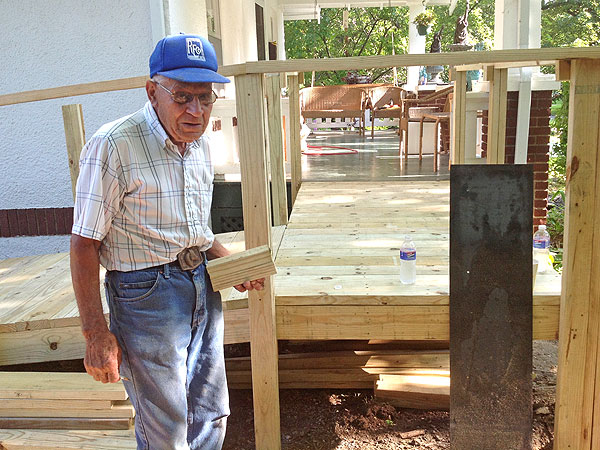

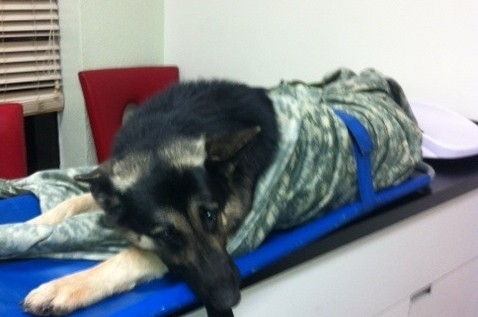









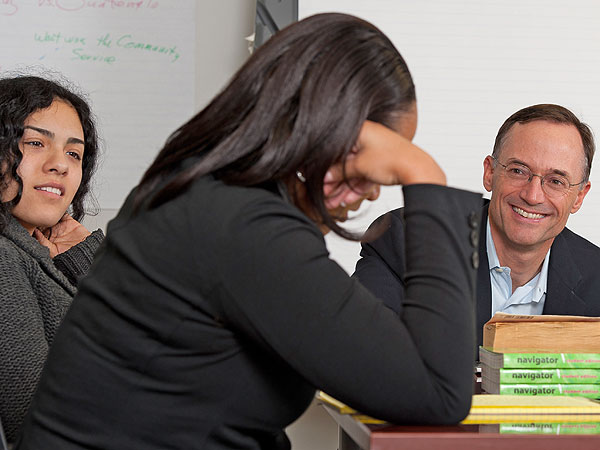
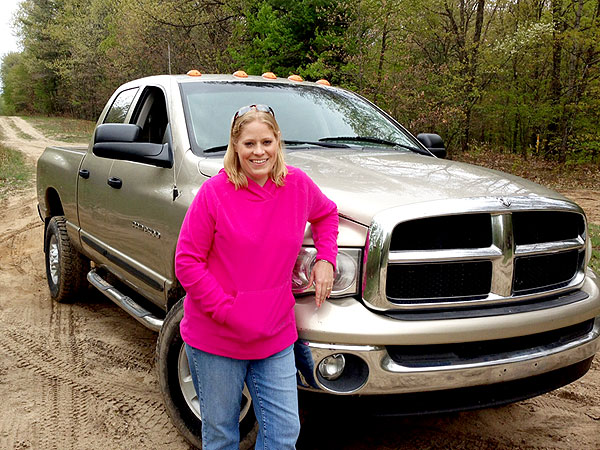
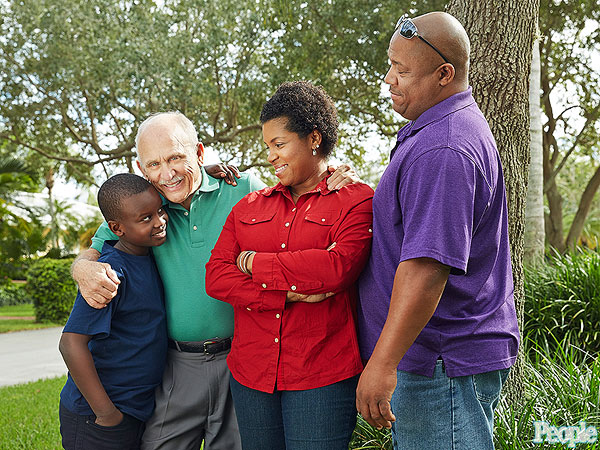

Bookmarks